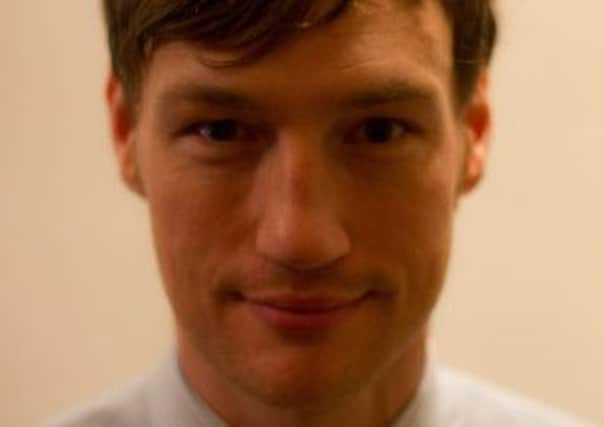Richard Meade: Longer life means discussing death


In the end we will all die, there is no escaping that, at least not yet anyway, so why not talk about it more and get it out there in the open? It is very much a Scottish (and British) taboo but it certainly isn’t true of every culture around the world.
Unfortunately our reluctance to talk about death and dying means that when the end of life eventually nears, it can be much more difficult for people to deal with.
Advertisement
Hide AdAdvertisement
Hide AdThey may not get the care that they need, they may not get to do the things that they want and they may not put in place things they would like to see after they are gone.
It is not just family and friends that struggle with the words, but doctors, nurses and health professionals too. A recent Marie Curie, Edinburgh University and NHS Lothian study found that one of the reasons why patients with terminal illnesses were not getting palliative care was because GPs were reluctant to speak with them about death and dying, so the subject of palliative care was never raised.
We should be working towards a society where death is discussed much more openly. Although it will never be an easy time for people, we can do much more to help people prepare for death when it comes.
For those who are diagnosed with a terminal illness life does not simply end there. There are still days to come, no matter how few, and it is important that we try to ensure that the quality of life in those days and months is as high as possible.
That means accessing the right care, such as palliative care, making choices, whether that’s about preferred place of dying or funeral arrangements, and practical things such as writing a will.
All of this starts with a conversation, but unfortunately it is a conversation that far too few of us are prepared to have.
Scotland’s older population is growing and increasing numbers of people are dying every year. Many people are now living longer and often with a number of long-term conditions, such as dementia, heart disease, and diabetes. Caring for these people is becoming ever more complex.
As illnesses become terminal and the end of life approaches, good preparation will ensure that the whole experience will be that much better, not just for the patient, but for their families and carers too.
Advertisement
Hide AdAdvertisement
Hide AdWe are living in age of austerity and although the economy is in a slow period of recovery, there are increasing demands on our most costly services.
Without change, we will see a drop in the quality of service or in the choices available to us all.
How we die matters a great deal. When looking at how we as a society approach the start of life, the stark difference between birth and death becomes clear.
For those due to give birth the options seem endless with maternity wards, home births, birthing pools, specialist care and the support available to pregnant mothers and expectant fathers in the run-up to birth is extensive and well known. Compare that with what happens to those who die and the gulf in care and choice is significant.
Marie Curie research suggests that a significant majority of people would prefer to die in their own home or somewhere in their community. Their least preferred option is hospital, but the truth is the vast majority of people end up dying in a hospital.
The demand on health and social care services for older people will increase considerably. Hospitals are expensive places to run, so it’s economically advantageous to provide more support for people to die at home.
We need to start talking more about death and dying. Only by doing this will we ensure that our last days are as good as they can be, and that we get the support and care that we need in a place where we feel comfortable surrounded by family and loves ones. «
• Richard Meade is Head of Policy and Public Affairs, Scotland at Marie Curie Cancer Care